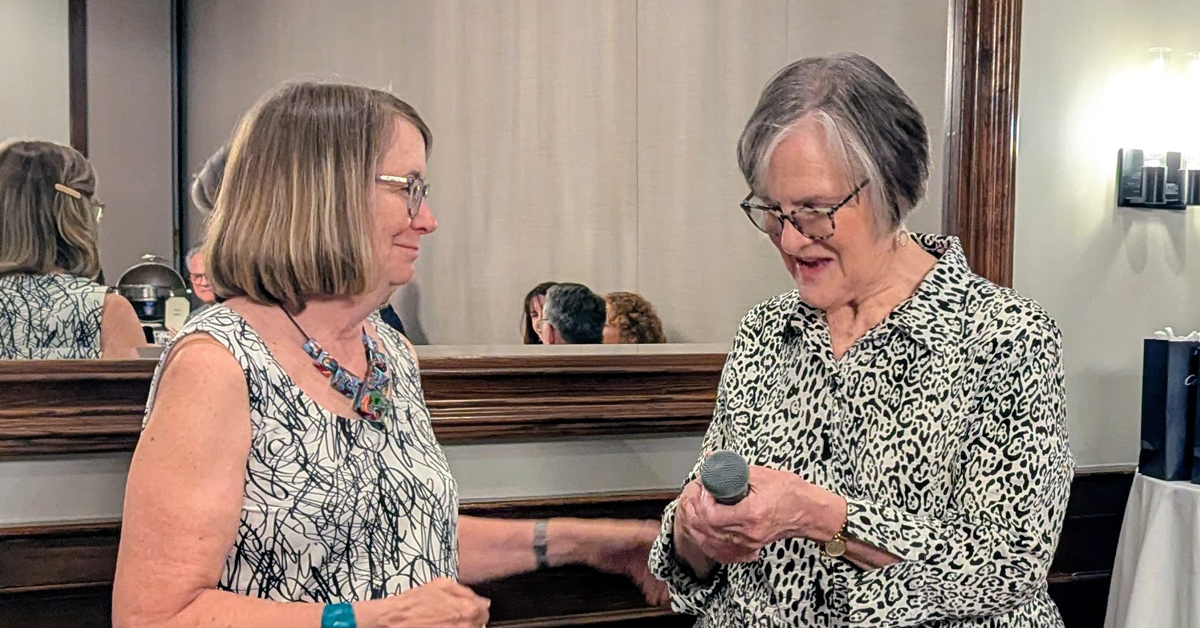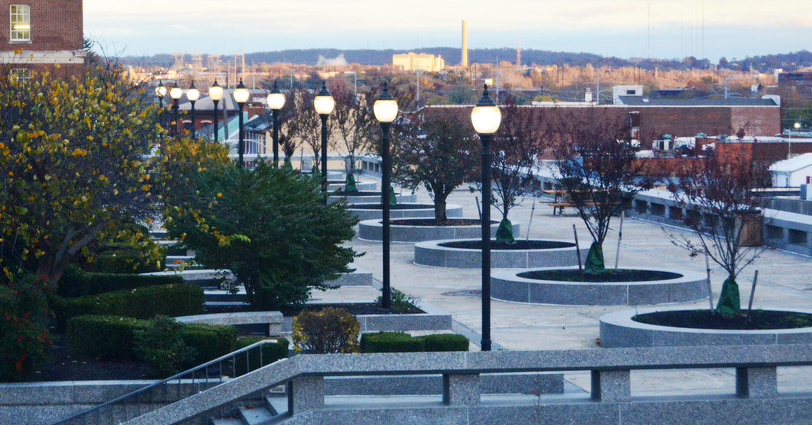Legal Insights

$3.25M Jury Award in Chester County Highlights Legal Options for Homeowners Facing Construction Defects
On June 5, 2025, a Chester County jury awarded $3.25 million to three families in...

Mary Cushing Doherty Honored with the Honorable Katherine Platt Award for Mentoring and Volunteerism
High Swartz LLP proudly congratulates Mary Cushing Doherty, Esq., Of Counsel, on receiving the Honorable...

Understanding the Borough Code: What Pennsylvania Mayors, Councils, and Solicitors Need to Know
Municipal attorney Matthew T. Hovey recently contributed to the latest edition of the Pennsylvania Solicitors...

Mediation in Orphans’ Court: A Practical Solution for Estate Disputes
When legal conflicts arise in Orphans’ Court, families face more than legal costs—they risk long-term...

Can Former Employees Access Their Personnel Files in Pennsylvania?
Updated April 2025 What Pennsylvania Law Says About Reviewing Personnel Files In Pennsylvania, only current...

What Is At-Will Employment in Pennsylvania?
At-will employment means an employer can fire an employee at any time, for any reason—or...

Non-Competes in PA - Are They Enforceable
Non-competes in PA and other states have been a hot-button topic of late. Non-compete agreements...
Remote Firing - 7 Essentials to Avoid Legal Disputes
Remote workforces create several challenges, including human resources. Managing a team that works remotely requires...

Right of Refusal – A Legal Guide for PA Real Estate
A right of first refusal (ROFR) is a critical clause that can significantly impact real...

Attention Business Owners: Submit your Federal BOI Report by March 21, 2025
All businesses must submit a beneficial ownership information (BOI) report by March 21, 2025. On...